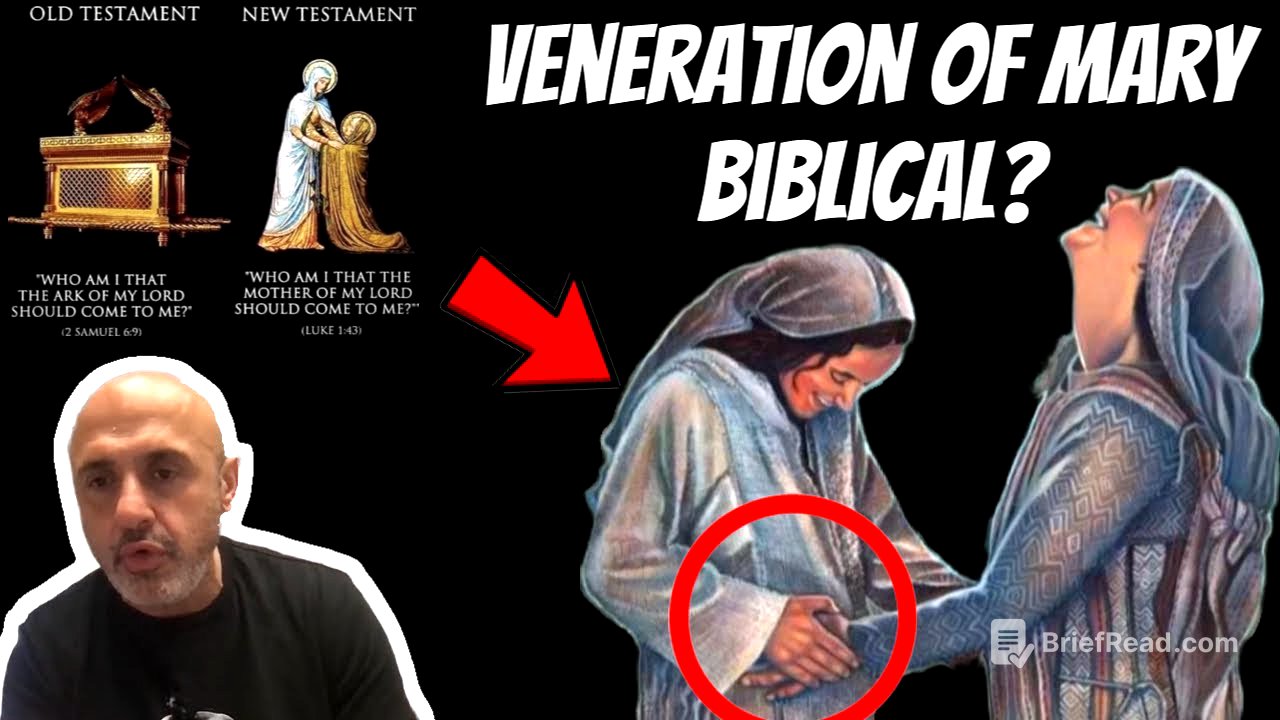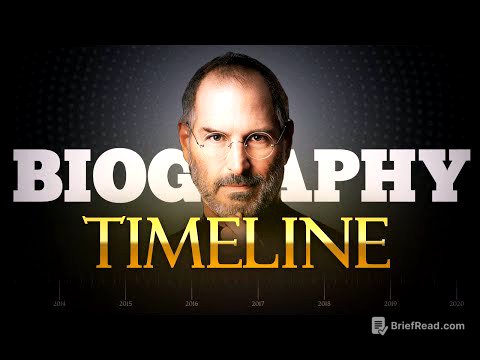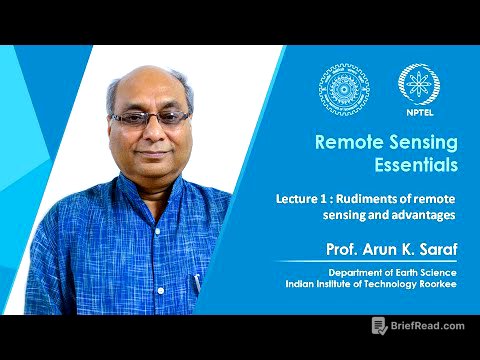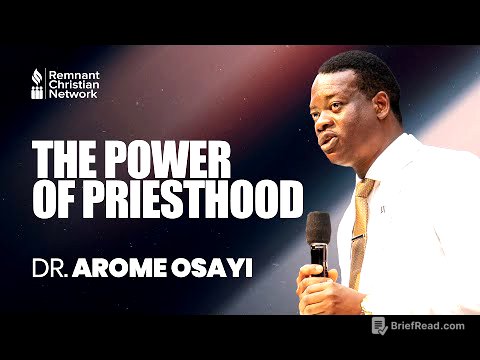TLDR;
This video addresses the Protestant perspective on the veneration of Mary, arguing that the limited mentions of Mary in the Bible do not diminish her significance. The speaker highlights key biblical passages, particularly from Luke 1, to demonstrate Mary's exalted status and the recognition she receives from figures like Elizabeth and John the Baptist. It contrasts this with the Protestant view, questioning why some Protestants fail to acknowledge Mary's blessedness despite biblical evidence.
- The significance of Mary is not determined by the frequency of her mentions in the Bible, but by the importance of those mentions.
- Elizabeth and John the Baptist, both filled with the Holy Spirit, recognised and rejoiced in Mary's role as the mother of God.
- Mary herself prophesied that all generations would call her blessed.
If Veneration of Mary is biblical why isnt there much about it? [0:00]
The video begins by addressing the common Protestant argument that if the veneration of Mary were biblical, there would be more examples of it in the Gospels. The speaker counters this by questioning whether the Gospels are exhaustive records of everything Jesus said and did. They draw a parallel with the other apostles, noting that some are mentioned far less frequently than Peter, James, and John, but this doesn't make them insignificant. The speaker asserts that the importance of Mary isn't about how often she's mentioned, but the significance of the instances when she is.
When Mary is mentioned in the bible is it significant? (Yes ) [2:04]
The speaker emphasises that when Mary is mentioned in the Bible, it is in contexts that demonstrate her great standing before God. They point to Luke 1 as a prime example, highlighting the honour and status attributed to Mary in this chapter. The speaker suggests that these references are significant and reveal her exalted status, especially when viewed without Protestant biases.
John the Baptist being a baby in mothers womb was excited to hear Mary [3:12]
The discussion focuses on Luke 1:39-45, where Mary visits Elizabeth. When Elizabeth hears Mary's greeting, John the Baptist, still in Elizabeth's womb, leaps for joy. Elizabeth, filled with the Holy Spirit, recognises Mary as the mother of her Lord. This passage illustrates that even John the Baptist, in utero, recognised and rejoiced at the presence of Mary, the mother of God.
Elizabeth Calls her Blessed among all women & Mary by all Generations [4:33]
Continuing with Luke 1, Elizabeth, filled with the Holy Spirit, exclaims, "Blessed are you among women, and blessed is the fruit of your womb!" She is humbled that the mother of her Lord would come to her. John the Baptist's leaping in the womb is attributed to the Holy Spirit enabling him to recognise the voice of the mother of his Lord and rejoice.
Elizabeth and John the Baptist knew how important Mary was [5:06]
The speaker reiterates that both Elizabeth and John the Baptist were filled with the Holy Spirit and, as a result, were filled with ecstatic joy at the visit of Mary, the mother of God. This is presented as a sign of being filled with the Holy Spirit: to be excited and elated that the Theotokos (Mother of God) would visit.
What does it say about protestants who don’t realize this [6:52]
The video poses a question about Protestants who claim to know the Lord but denigrate Mary, suggesting they are misguided. It contrasts their behaviour with the biblical account of Elizabeth and John the Baptist, who, filled with the Holy Spirit, recognised Mary's unique status. The speaker questions why Protestants fail to recognise Mary's dignity and status when even a baby in the womb recognised her greatness through the Holy Spirit.
Mary Reaction / her soul Magnifying Jesus [7:08]
Moving to Luke 1:45-56, the speaker draws attention to Mary's response, known as the Magnificat. Mary proclaims, "My soul magnifies the Lord, and my spirit rejoices in God my Saviour." She glorifies God because He has regarded the lowly state of His maidservant, and "henceforth all generations will call me blessed."
All Generations Calling Mary “Blessed” [7:56]
The speaker emphasises Mary's prophecy that all generations will call her blessed because of the great things God has done for her. They highlight that the Catholic and Orthodox traditions fulfil this prophecy by calling Mary blessed. The speaker contrasts this with the Protestant perspective, questioning whether their views align with scripture, given Mary's own words and the recognition she received from Elizabeth and John the Baptist. The video concludes by questioning how Protestants can reconcile their views with the scriptural accounts of Mary's blessedness and the Holy Spirit's role in recognising her significance.









